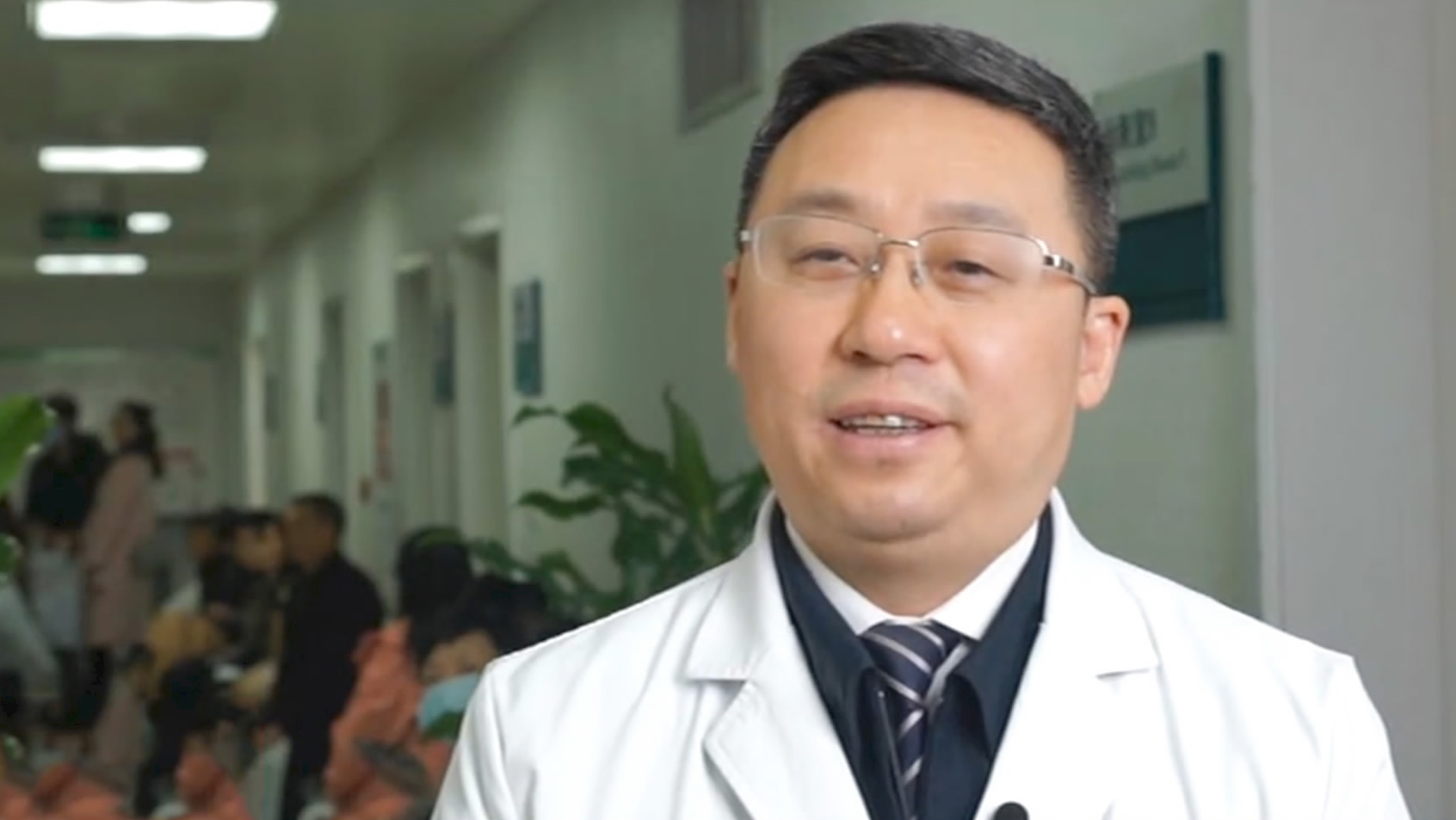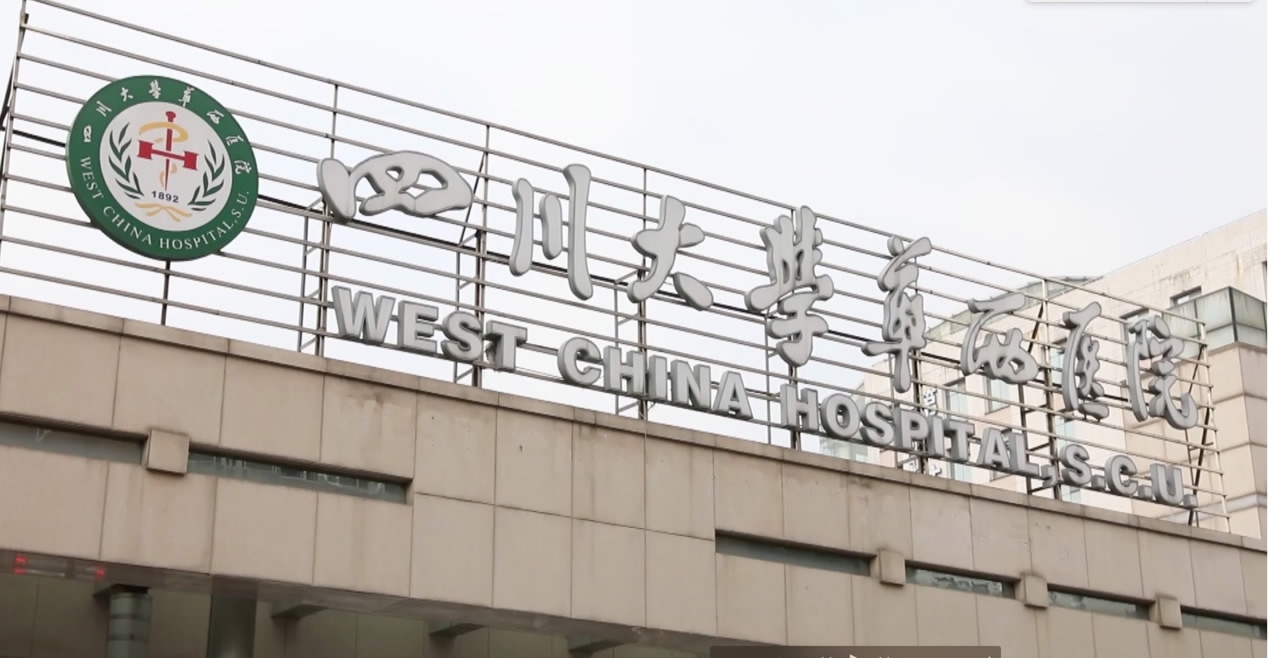
Health
14:13, 12-Mar-2018
Reporter’s Diary: NPC deputy pushes for improving health care in ethnic minority regions
By Liu Yang

Nearly 75 percent of the 2,980 deputies elected to the 13th National People's Congress (NPC) are new. One of them is Li Weimin, the president of West China School of Medicine in the southwestern province of Sichuan.
A professor in respiratory medicine, Li is a recipient of the State Council’s special government allowance, an honor given to China’s top experts. He’s been recognized for his outstanding contributions to the national health and family planning campaign.
At the NPC, Li is seeking to address the shortage of elite doctors in areas where ethnic minorities live. To achieve this, he is proposing the establishment of a "regional medical alliance" in those areas. He foresees partnerships between first-class hospitals in China with hospitals in counties, cities, and autonomous regions.
Li also wants to set up long-term incentives for doctors to work in ethnic minority regions. Promotions, for instance, will be based on their record of serving in hospitals in those regions. He believes this can not only solve the shortage of doctors in some of China’s poorest regions, but also improve people’s health and help alleviate poverty.
One of the country’s best hospitals, West China Hospital, has taken the lead in exploring Li’s vision of a regional medical alliance. Under a system called "tiered diagnosis", patients can first be treated in community health centers instead of having to line up in big hospitals. They can then revisit the hospital and return to the community health center until they fully recover.

West China Hospital in southwest China's Sichuan Province. /CGTN Photo
West China Hospital in southwest China's Sichuan Province. /CGTN Photo
Ganzi Tibet Autonomous Region is China's second-largest Tibetan region. In 2017, Li’s visit to local hospitals there made him realize the high demand for better trained doctors. China has invested heavily in improving the healthcare system in ethnic minority regions, but training local doctors and enhancing their medical knowledge and skills would take a long time.
Da Wa Ze, who lives in northwest China's Qinghai Province, told me rural areas lack good doctors and adequate medical resources. "If we want to do small operations, we have to go to hospitals in the big city," he said.
Premier Li Keqiang’s work report stressed the government’s commitment to a people-centered development philosophy, and part of it is delivering health care to all.
The 19th National Congress of the Communist Party of Chinia (CPC) called for building a "healthy China".
The establishment of the regional medical consortium is meant to satisfy people’s increasing demands for a better life. It is a concrete measure to address the conflict between the imbalanced development of medical and public health services and people’s demand for a healthy life.
Moreover, it will help allocate more resources to health care, delegate work to lower levels, facilitate the sharing of resources between hospitals, upgrade the overall efficiency of the medical service system, and improve level-based diagnosis and treatment.
1km

SITEMAP
Copyright © 2018 CGTN. Beijing ICP prepared NO.16065310-3
Copyright © 2018 CGTN. Beijing ICP prepared NO.16065310-3